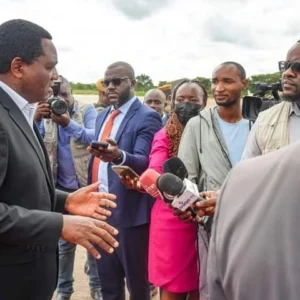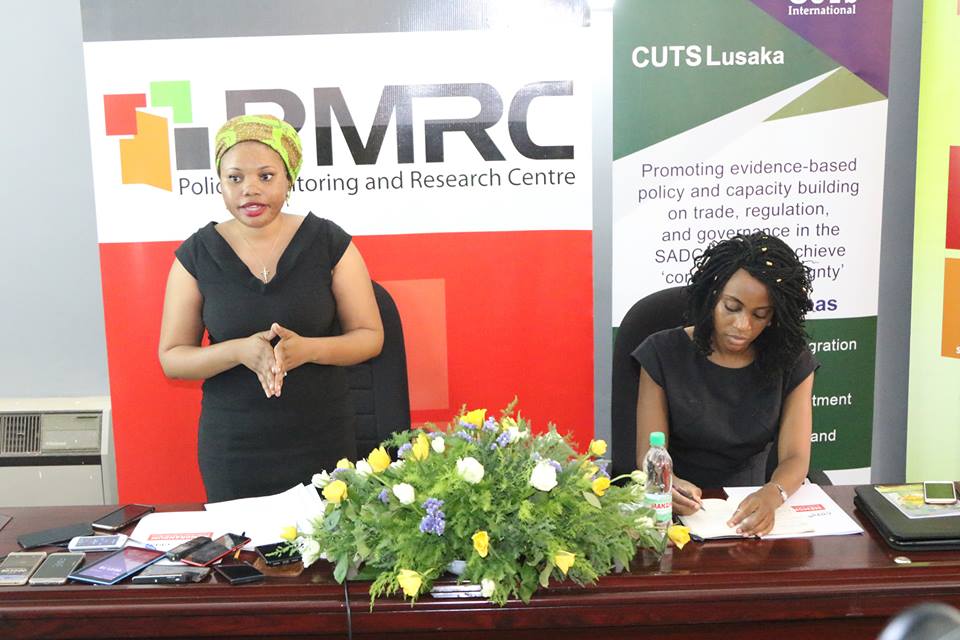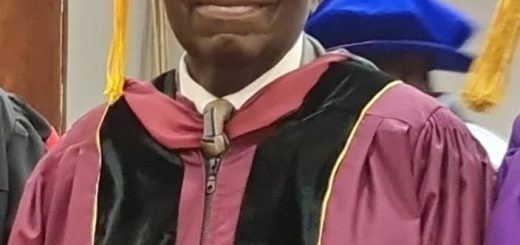Africa Confidential: Zambia’s Seventh President Hakainde Sammy Hichilema (HSH7) faces critical delivery test!
Notice: Undefined index: catFilterList in /home/zambi/public_html/wp-content/plugins/wp-likes/api.php on line 243

President Hakainde Sammy Hichilema HSH7 faces Zambian journalist after wooing energy investors in Abu Dhabi, United Arab Emirates
Africa Confidential: Zambia’s Seventh President Hakainde Sammy Hichilema (HSH7) faces critical delivery test!
Wednesday, 18TH JANUARY 2023
Belts are tightening and scepticism is growing about the government’s ability to fulfil its election pledges
At the present rate of progress President Hakainde Hichilema and his United Party for National Development (UPND) – elected in a landslide by voters fed up with six years of sleaze and chaos under President Edgar Lungu – risks reaching the half-way mark of their five-year term having fulfilled few of their campaign promises.
Hichilema’s measured statesmanship and sobriety are a welcome change, but he is struggling to get a grip of government and deliver on his promises as resentment grows.
Top of his action agenda was to make a reckoning with the corruption of the Lungu years, but convictions and recovery of stolen funds have been rare. Multiple arrests were made in the second half of 2022, and a slew of cases launched against former politicians, officials and cronies. To meet expectations, Hichilema’s administration needs convictions in 2023.
Failure will spread the perception that this government is not so different from its predecessor. There has been little action on corruption in the current administration, despite whispers of graft in key economic ministries and among State House officials. The longer Hichilema takes to grasp the nettle the worse it will be for his political prospects.
The UPND’s election campaign presented Hichilema as an economic miracle-worker (AC Vol 62 No 20, High expectations of HH). Zambia’s deal with a wide range of debtors, including China, and unlocking support from the IMF, was little short of miraculous. Finance Minister Situmbeko Musokotwane secured a considerably less punitive package than was feared but there is still plenty of economic pain (AC Vol 63 No 18, Debt deal boosts kwacha).
In the provinces, the pain is worsened by the fact that the IMF deal halted Lungu’s over-priced capital projects. They included major roads. While these remain unimproved whole areas of the country are virtually cut off from each other and neighbouring countries. If this is not tackled, many voters in some of his key strongholds will blame Hichilema.
There are huge problems in the supply of fertiliser for the end-2022 planting season. Historically, the supply of fertiliser, dominated by government, has been shrouded in accusations of corruption. The cause of the 2022 debacle is unclear. In September, mid-delivery time, the Zambia Public Procurement Agency (ZPPA) cancelled contracts issued through the agriculture ministry, saying the ministry had not sought clearance to include non-local companies in the bidding.
This will have a disastrous effect on the 2022-2023 planting season and impoverish many small farmers. Inefficiency in the agriculture ministry, incompetence, political sabotage in the ZPPA and corruption in other agencies have all been blamed, but failure to get a grip on the problem would really hurt Hichilema. A repeat of these failures would be unforgivable from the voters’ standpoint.
In late 2022 the government announced the resumption of daily power cuts – breaking another key election promise. The announcement was brief and presented without consideration for the anger it would cause. Even after Hichilema’s intervention, the state power utility ZESCO seems incapable of delivering power cuts on a fair and predictable schedule. In Lusaka, unless you live next door to a minister, 12-hour power cuts followed by extended ‘faults’ interrupting supply are the new normal.
Although the cause of the power cuts is clear, the way the government is handling the matter is driving public annoyance. Information minister Chushi Kasanda, whose appointment to the post raised eyebrows, has done little to convince the public of her talents. Her ministry is not sweetening the pill the public must swallow, and the statements of Energy Minister Peter Kapala and the President himself are not helping.
It’s not just energy issues that require better communications. Across the board the government is not only failing to deliver, but losing support unnecessarily through unprofessional, amateurish, defensive and disjointed communications.
Advisors and pundits warn that this year the government must convey competence. Health Minister Sylvia Masebo has garnered some support after she publicly went to war with graft and inaction in her own ministry, but many health facilities remain short of drugs.
Other ministers in key sectors need to show they are there for a purpose. Home Affairs Minister Jack Mwiimbu promised an end to roadblocks by police officers extorting motorists and their passengers, but it remains a daily experience. Local Government Minister Garry Nkombo is popular, but voters are not seeing any change in the delivery of council services.
And 18 months after committing to stop further destruction in Lusaka’s Forest Reserve 27, which had been carved up by Lungu cronies hoping to cash in with property development schemes, Lands and Natural Resources Minister Elijah Muchima seems to have gone into retreat.
Hichilema needs to show that he understands the public. He needs to show some political sense, not surround himself with rich kids and influence-peddlers, many in Lusaka are saying. The strategy of telling the public to wait and see the transformation to come is running out of steam.

President Hakainde Sammy Hichilema (HSH7) in Abu Dhabi United Arab Emirates


















